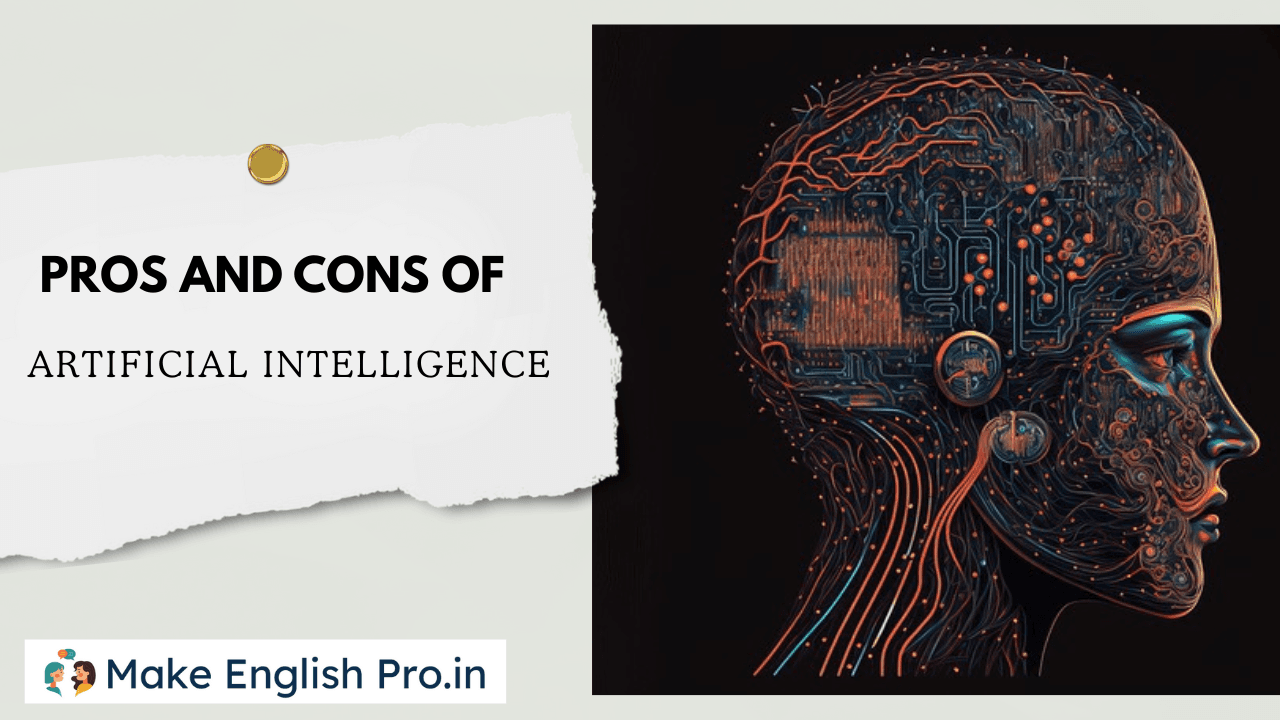Artificial Intelligence (AI) is transforming industries and daily life, offering many benefits but also posing challenges. Here’s a balanced look at its pros and cons:
Pros of Artificial Intelligence ✅
- Efficiency & Automation
- AI can perform repetitive tasks faster and more accurately than humans (e.g., manufacturing, data entry).
- Reduces human error in areas like medical diagnosis and financial forecasting.
- 24/7 Availability
- Unlike humans, AI systems (like chatbots and virtual assistants) can work continuously without fatigue.
- Data Analysis & Decision-Making
- AI processes vast amounts of data quickly, helping businesses and researchers make data-driven decisions.
- Used in predictive analytics (e.g., weather forecasting, stock market trends).
- Cost Savings
- Automating tasks reduces labor costs in industries like customer service and logistics.
- Innovation in Healthcare
- AI aids in early disease detection, drug discovery, and personalized treatment plans.
- Robots assist in surgeries with high precision.
- Enhanced Safety
- AI-powered systems improve security (facial recognition, fraud detection).
- Self-driving cars could reduce accidents caused by human error.
- Personalization
- AI improves user experience (e.g., Netflix recommendations, targeted ads, voice assistants like Siri/Alexa).
Cons of Artificial Intelligence ❌
- Job Displacement
- Automation may replace jobs in manufacturing, customer service, and transportation, leading to unemployment.
- High Development Costs
- Building and maintaining AI systems requires significant investment in infrastructure and talent.
- Lack of Creativity & Emotional Intelligence
- AI lacks human intuition, creativity, and empathy, making it unsuitable for roles requiring emotional understanding (e.g., therapy, art).
- Bias & Discrimination
- AI can inherit biases from training data, leading to unfair decisions (e.g., hiring algorithms favoring certain demographics).
- Privacy Concerns
- AI systems collect and analyze massive amounts of personal data, raising surveillance and data security issues.
- Dependence on AI
- Over-reliance on AI may reduce human critical thinking and problem-solving skills.
- Ethical & Security Risks
- AI can be misused for deepfakes, cyberattacks, or autonomous weapons.
- Lack of clear regulations on AI accountability (e.g., who is responsible if a self-driving car crashes?).
Conclusion
AI offers tremendous benefits in efficiency, healthcare, and innovation but comes with risks like job loss, bias, and ethical concerns. Responsible development, regulation, and human oversight are crucial to maximizing its advantages while minimizing harm.
Would you like a deeper dive into any specific area?



